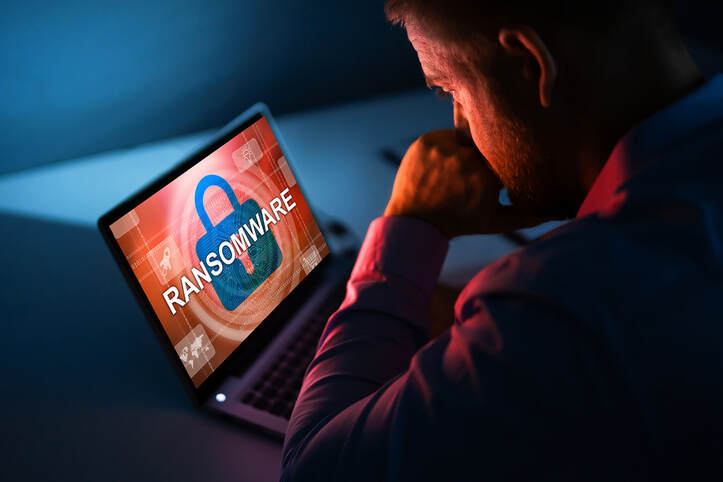Ransomware response guide for businesses - Part 2: How NOT to respond to a ransomware attack.9/30/2020 How NOT to respond to a ransomware attackIncorrectly handling a ransomware incident can hinder recovery efforts, jeopardize data and result in victims paying ransoms unnecessarily. In the wake of a ransomware attack, organizations should avoid the following mistakes:
1. Do NOT restart impacted devices. Organizations should avoid restarting devices that have been impacted by ransomware. Many ransomware strains will detect attempts to reboot and penalize victims by corrupting the device’s Windows installation so that the system will never boot up again, while others may begin to delete encrypted files at random. The infamous Jigsaw ransomware, which was prolific in 2016, randomly deleted 1,000 encrypted files each time an infected device was rebooted. Restarting the system can also hinder forensics efforts. Rebooting clears the machine’s memory which, as noted earlier, may contain clues that can be useful for investigators. Instead, impacted systems should be put into hibernation, which writes all data in memory to a reference file on the device’s hard disk, which can then be used for future analysis. 2. Do NOT connect external storage devices to infected systems. Many ransomware families intentionally target storage devices and backup systems. As such, external storage devices and backup systems must not be connected (physically or via network access) to infected systems until organizations are fully confident that the infection has been removed. It is not always obvious that ransomware is running. Sadly, there have been many cases of businesses commencing the recovery process without realizing that ransomware is still present on their system, resulting in ransomware encrypting their backup systems and storage devices. 3. Do NOT pay the ransom immediately. While the prospect of downtime and potential reputational loss can be daunting, organizations should not immediately pay the ransom. There are always other options, and these should be explored in full before resorting to paying the ransom. 4. Do NOT communicate on the impacted network. During recovery, victims should assume that attackers still have access to the compromised network and therefore may be able to intercept any communications that are sent and received over the network. Organizations should establish secure out-of-band communication channels and prohibit users from communicating on the compromised network until remediation is complete and the network is clear of intruders. 5. Do NOT delete files. Files should not be deleted from encrypted systems unless a ransomware recovery specialist has advised to do so. Not only are encrypted files useful for forensics, but some ransomware families store encryption keys within the encrypted files – if the files are deleted, the decryptor won’t work. Similarly, ransom notes should never be deleted. Some ransomware families, such as DoppelPaymer and BitPaymer, create a ransom note for every file they encrypt, which contains the encoded and encrypted key necessary for decryption. If a ransom note is deleted, its corresponding file cannot be decrypted. 6. Do NOT trust ransomware authors. Despite increasingly trying to adopt a facade of professionalism, ransomware authors are criminals who are not obligated to uphold any agreements or abide by any code of ethics. Organizations should not believe any information provided by ransomware groups, including information in the ransom note (such as the ransomware strain) nor trust that paying the ransom will lead to the recovery of encrypted data. Victims should be mindful that attackers may not provide a decryptor after payment, and that attacker-provided decryption tools may be faulty and/or potentially damage encrypted data.
0 Comments
Your comment will be posted after it is approved.
Leave a Reply. |
Archives
November 2023
|
|
2951 Britannia crescent
Port Coquitlam BC, V3B 4V5 778-776-6222 Hours of operation Mon - Fri 9 a.m. - 6 p.m. Sat 11 a.m. - 5 p.m. (by appointment only) Sunday & Holidays - Closed |
Business Number 778569517BC0001 - © Copyright CompuBC, All Rights Reserved.
|

